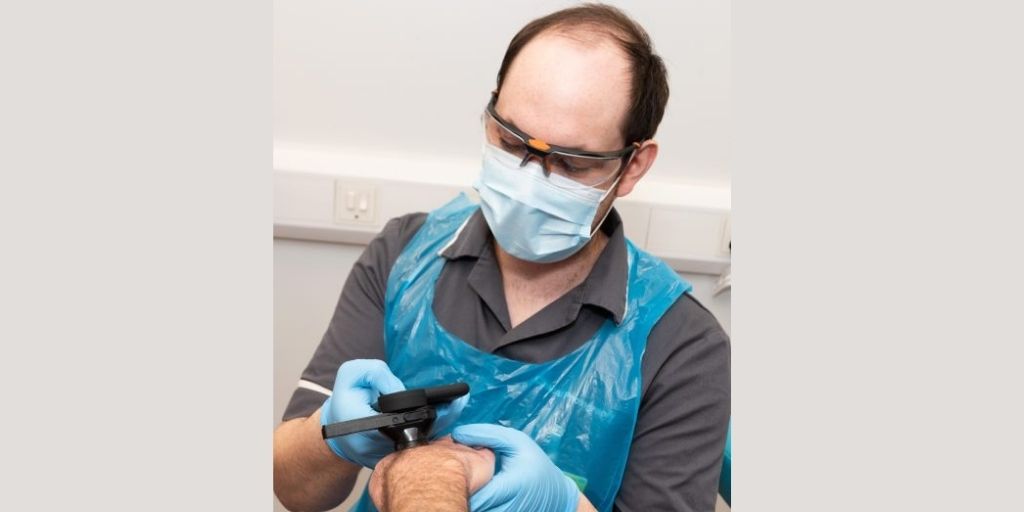
Today, Chelsea and Westminster Hospital NHS Foundation Trust is delighted to announce the expansion of its partnership with Skin Analytics, with the roll out of the real-world pilot of DERM, a unique AI decision support tool which aims to change the way skin cancer is assessed and treated by the NHS making the most efficient use of clinician time and NHS resources.Skin cancer is the most common form of cancer in the UK and rates continue to increase, with the incidence of malignant melanoma in Britain rising faster than any other cancer. With over 2,500 people dying from skin cancer each year, the survival rates improve significantly if the disease is caught early. The roll out of DERM, which analyses specialist magnified images of skin lesions using AI algorithms, aims to increase how quickly patients with potentially cancerous skin lesions are assessed so they can receive life-saving treatment sooner.The Trust’s partnership with Skin Analytics is part of the CW Innovation programme, a joint initiative between the Trust and CW+, which identifies, tests and evaluates new solutions that improve patient care, patient experience and the way the Trust’s hospitals are run. Skin Analytics was also part of the Digital Health.London Accelerator (DH.LA) programme, of which CW+ is a founding partner, supporting the adoption of digital health innovation across the NHS. This current project is funded by an Artificial Intelligence in Health and Care award which is run by the Accelerated Access Collaborative (AAC) in partnership with NHSE/I (previously NHSX) and the National Institute for Health Research (NIHR). This dedicated fund has been established to test and evaluate the most promising AI technologies in line with the strategic aims of the NHS Long Term Plan.Dr Lucy Thomas, Consultant Dermatologist at Chelsea and Westminster Hospital NHS Foundation Trust, explains how the partnership with Skin Analytics aims to improve patient experience, outcomes and operational efficiency: “Like many departments, dermatology has severe backlogs due to the COVID-19 pandemic and this project will evaluate the impact this AI solution can have on relieving pressure on services, reducing delays in detection and treatment and improving outcomes for patients with skin cancer as well as those with non-urgent skin diseases. The roll-out of DERM is another great example of how we, as a Trust, are responding to the evolving needs of our patients which couldn’t have come at a better time to aid recovery and give us more time with the patients most in need of our help”.Bruno Botelho, Director of Digital Operations, Chelsea and Westminster Hospital NHS Foundation Trust, said: “We are delighted to be expanding our long-standing partnership with Skin Analytics and leading the roll out of the real-world evaluation of DERM. The Trust has always supported innovation and digital solutions to improve the delivery of care in the population we serve, and we are very much looking forward to evaluating the innovative DERM device, assessing its impact on patient care and experience as well as our workforce”.In secondary care, DERM is an adjunct to teledermatology hubs where images of skin lesions are captured supporting the triage of cases to the most appropriate treatment pathway. This helps discharge benign (non-cancer) referrals earlier, reducing unnecessary anxiety, prioritise the care of patients with high-risk skin lesions and increase capacity to manage patients with non-cancer diagnoses, many of whom have severe skin disease requiring prompt review and management by the dermatology team.











